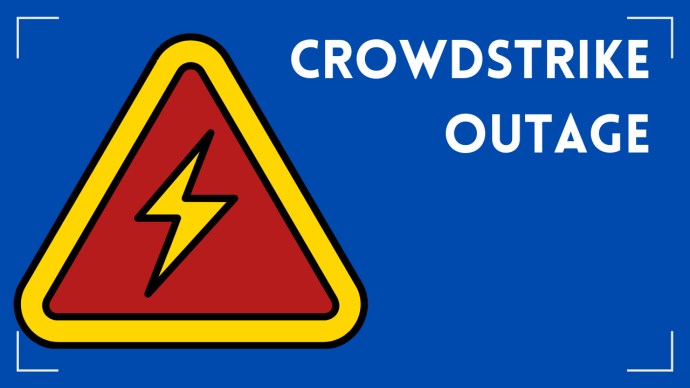Information technology (IT) has provided us with many things to make our lives more convenient. The quality of our lives would diminish greatly without the convenience of shopping online, sharing documents in Google Docs and other file sharing platforms, connecting with friends and family via Facebook, or watching music videos on our cell phones. But it’s hard to understand what some of them are, how and when to use them, and how they operate in general.
Part of the reason so many small-business owners are reluctant to use cloud computing is because they don’t know exactly what the cloud is or how they could use it effectively in their businesses. Quite simply, the cloud is just another way of saying the Internet. The two are one and the same. If you watch movies or television shows on Hulu, you’re taking advantage of what the cloud has to offer. When you buy e-books or music or videos on Amazon, you’re using the public cloud. Once you’ve bought it, you can watch the same video over and over again on your computer or cell phone just by logging in to your Amazon account. That’s cloud storage. If you share or collaborate on documents with your employees in Google Docs, you’re already using the cloud for business.
So, that’s the cloud. And the cloud plays a huge role in mobility. The United States, possibly more than any other country on Earth, is populated with people who love instant gratification. Like Veruca Salt in “Charlie and the Chocolate Factory,” they want everything NOW. Smart phones allow them to – for the most part – have that wish. A smart phone is, in essence, a mini-computer. You no longer have to be trapped at desk or, more important, worry about lugging a laptop around with you all day. The average laptop weighs between five and seven pounds. Tablets weigh about one or two pounds and will easily fit inside a brief case or large hand bag. Smart phones only weigh a few ounces and fit in your pocket. Thanks to Wi-Fi, people can access the Internet with their smart phones and do all the things that they do on their home desktops or laptops while in a park, riding public transportation or sitting in a restaurant waiting to be served. But remember, smart phones are mini-computers. That means you have to protect the information you store on your smart phone the same way you would if it were on your computer, especially if you use your smart phone for business. You have to have security software downloaded to your smart phone to protect it from malware and viruses. You have to password protect it so that if it should get lost or stolen, the information stored on it can’t be easily accessed. Yes, mobility is great, particularly for people like lawyers, real estate agents and sales professionals who travel a lot, but it requires a healthy dose of responsibility from those who truly want to reap the benefits.
Unlike the cloud and mobility, big data is much tougher concept to explain. Here’s how Wikipedia explains it: “Big data consists of data sets that grow so large that they become awkward to work with using on-hand database management tools. Difficulties include capture, storage, search, sharing, analytics and visualizing. This trend continues because of the benefits of working with larger and larger data sets allowing analysts to ‘spot business trends, prevent diseases and combat crime.’” According to Gordon Haff of Cnet News, “Endpoint devices like smartphones and sensors create massive amounts of data. Large compute farms bring the processing power needed to make that data useful.”
Clear as mud, right?
Technology, though wonderful, can boggle the mind of those who don’t have an intimate relationship with it. Just know that even with electronic data, there’s a place for everything, and everything has a place … until we run out of space for it.



